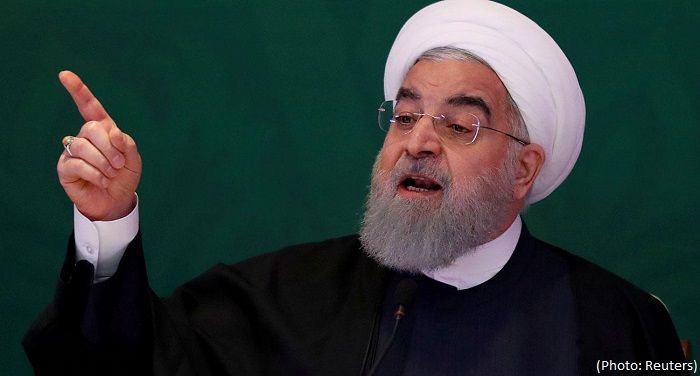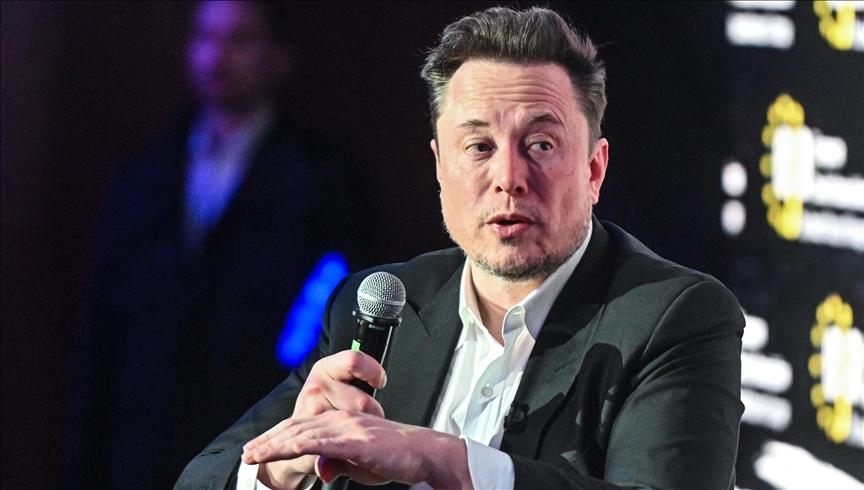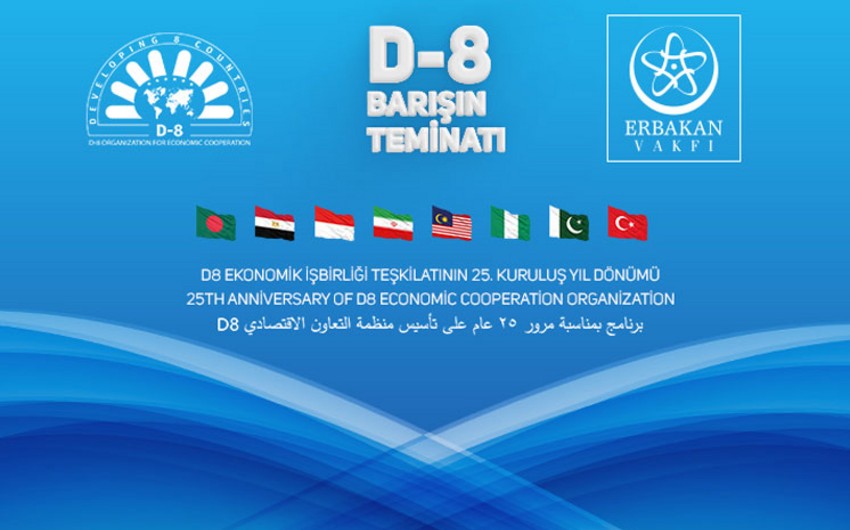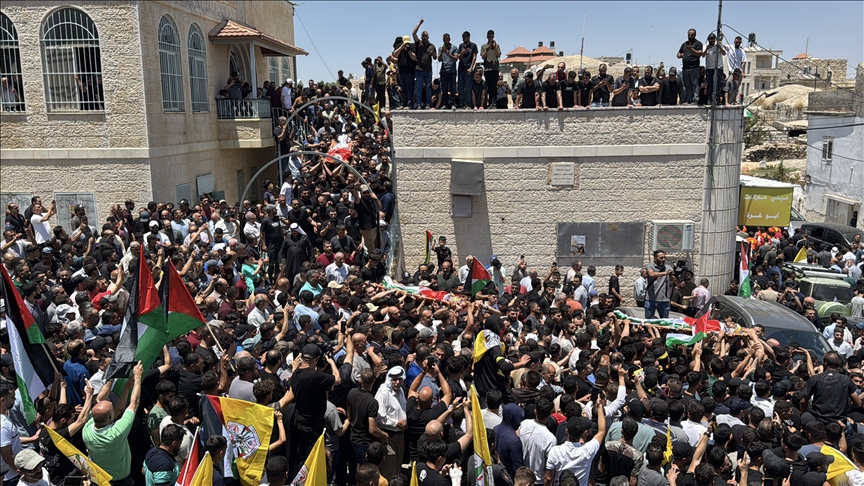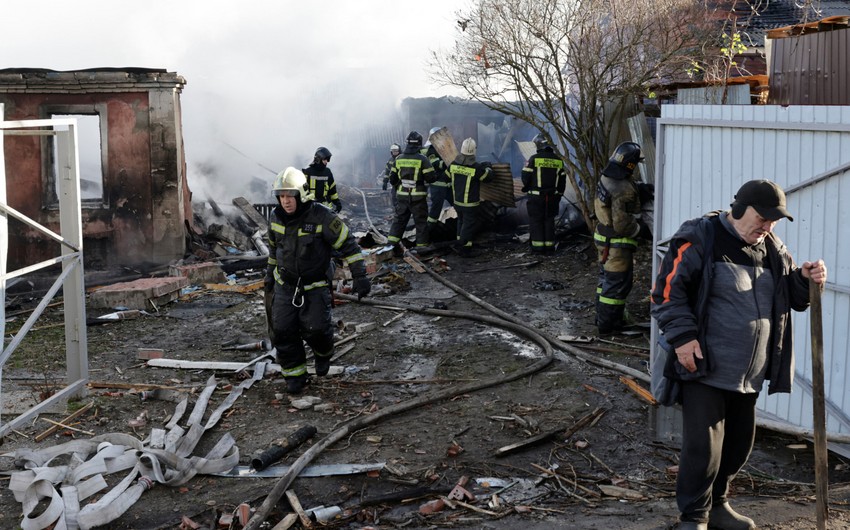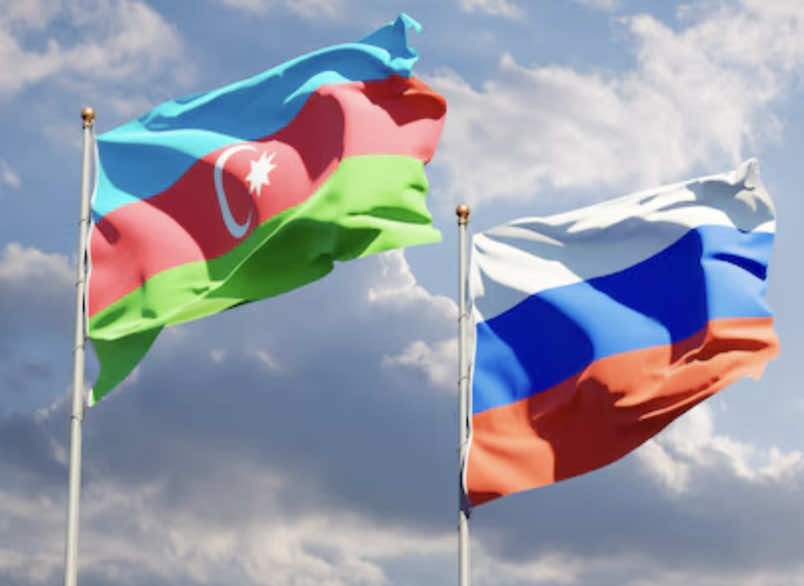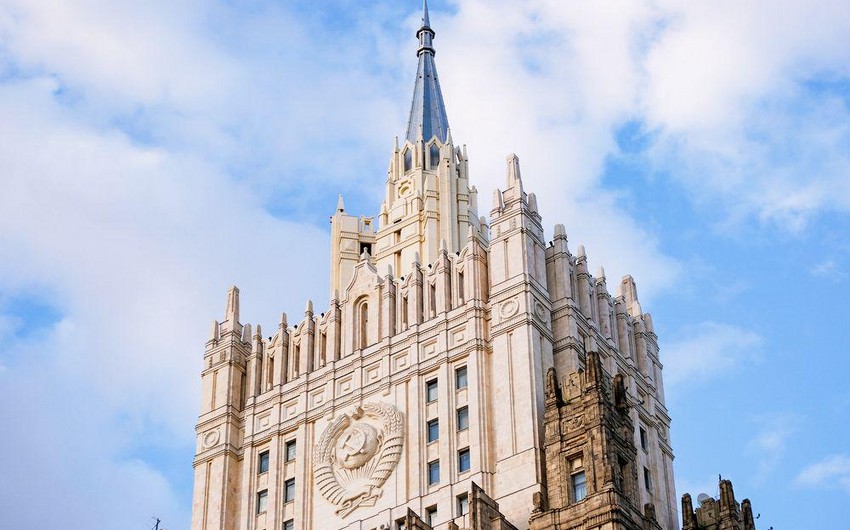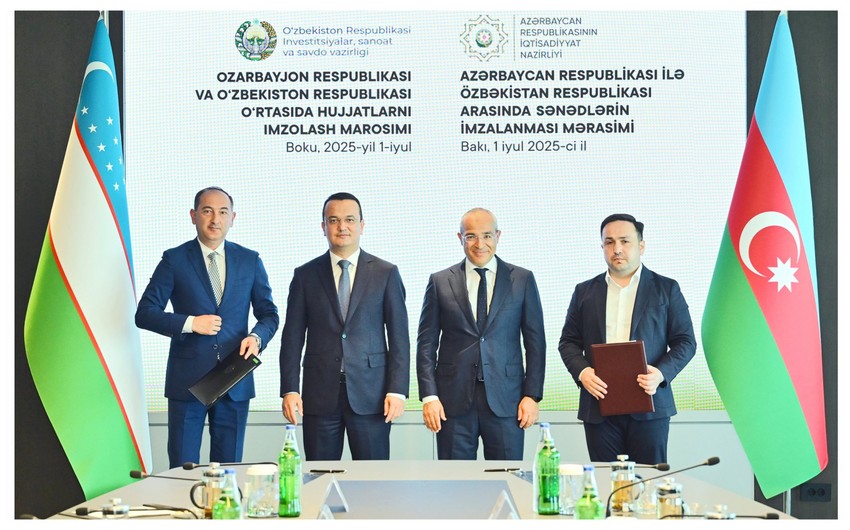Iran said on Sunday it would further scale back its commitment to the 2015 nuclear deal with world powers, raising its uranium enrichment level beyond agreed levels to produce fuel for power plants.
At a news conference, senior Iranian officials also said Tehran would keep reducing its commitments every 60 days unless signatories of the pact moved to protect it from U.S. sanctions, but they left the door open to diplomacy.
Most U.N. sanctions were removed in January 2016 when the deal - formally called the Joint Comprehensive Plan of Action (JCPOA) - was implemented.
The United States last year pulled out of the accord - signed along with Iran, Britain, China, France, Germany and Russia - saying it did not go far enough, and did not address Iran’s missile programme or its behaviour in the Middle East.
Under the deal’s dispute process, Iran could argue the U.S. withdrawal and Washington’s sanctions campaign constitute “significant non-performance” and “treat the unresolved issue as grounds to cease performing its commitments”.
Iran also argues that a reduction in its commitment is not a violation because, under a separate provision, the agreement said: “Iran has stated that it will treat such a re-introduction or re-imposition of the sanctions ... or such an imposition of new nuclear-related sanctions, as grounds to cease performing its commitments under this JCPOA in whole or in part.”
Here is how the dispute resolution process, which could take up to 65 days to play out unless extended by consensus, works:
STEP ONE - If any party to the nuclear deal believes another party is not upholding their commitments they can refer the issue to a Joint Commission, whose members are Iran, Russia, China, Germany, France, Britain and the European Union. (The United States was a member before it withdrew from the deal.)
The Joint Commission then would have 15 days to resolve the issue, unless it agrees by consensus to extend the time period.
STEP TWO - If any party believes the matter has not been resolved after that first step, they can refer it to the foreign ministers of the parties to the deal. The ministers would have 15 days to resolve the issue, unless they agree by consensus to extend the time period.
In parallel with - or in lieu of - consideration by foreign ministers, the complaining party or the party accused of non-compliance could ask that the issue be looked at by a three-member advisory board. The participants in the dispute would each appoint a member and the third member would be independent.
The advisory board must provide a non-binding opinion within 15 days.
STEP THREE - If the issue is not resolved during the initial 30-day process, the Joint Commission has five days to consider any advisory board opinion in a bid to settle the dispute.
STEP FOUR - If the complaining party is not satisfied after this and considers the matter to “constitute significant non-performance”, they could “treat the unresolved issue as grounds to cease performing its commitments under this JCPOA in whole or in part”.
They also could notify the 15-member U.N. Security Council that the issue constitutes “significant non-performance”. In the notification the party must describe the good-faith efforts made to exhaust the Joint Commission dispute resolution process.
STEP FIVE - Once the complaining party notifies the Security Council, the body must vote within 30 days on a resolution to continue Iran’s sanctions relief. A resolution needs nine votes in favour and no vetoes by the United States, Russia, China, Britain or France to pass.
STEP SIX - If such a resolution has not been adopted within 30 days, the sanctions in all previous U.N. resolutions would be re-imposed - referred to as snapback - unless the council decided otherwise. If the previous sanctions are re-imposed they would not apply retroactively to contracts Iran signed.

